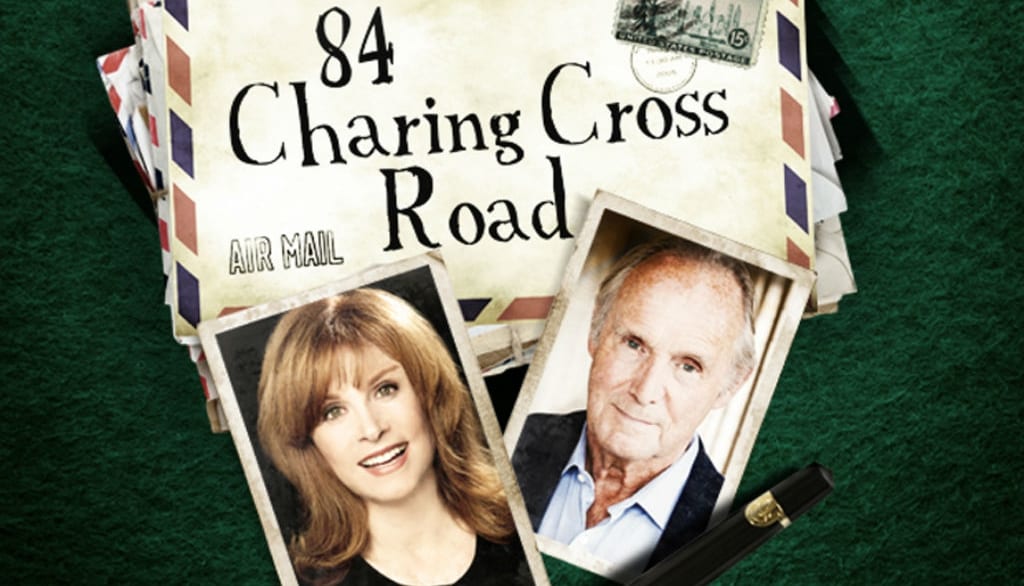There are certain things Amazon just can’t do for you, not even with Prime membership. I can’t imagine, for example, having a 20 year correspondence with the algorithm that looks at what you’ve bought and suggests other books you might like. Then again, we can safely assume Helene Hanff would have been left cold by technological developments like Amazon, let alone downloading books straight to a kindle. Convenient it may be, but where was the enthusiasm for the physical object itself – the beautiful binding, the soft vellum, the uncut pages that tell you so much about the previous owner?
All of which makes 84 Charing Cross Road, the story of New Yorker Hanff’s correspondence with a London antiquarian bookshop at said address, something of a period piece. It was a different time, both in the rationing that allocated everyone one egg per month and made a tin of tongue something to be saved for a special occasion, and in the starchiness, though not quite unfriendliness, of English attitudes – Frank Doel has to keep reminding himself to sign off on behalf of Cohen and Marks lest his letters seem too personal, and it’s 20 years before he lets himself use the word “love”. He was, after all, happily married.
Hanff is played here by Stefanie Powers, best known in Britain for 70s TV show Hart to Hart, but we’ll never know if when she and Doel met it was “moyda”, because they never did meet – regular setbacks in Hanff’s finances meant planned trips had to be cancelled, until one day she received the fateful letter from one of his colleagues. Equally unexpected was the success she finally achieved, after years of unrewarding hackwork for TV, on writing an account of their correspondence.
Hanff herself said it was unpromisingly static material for a play, and she’s not entirely wrong about that – almost everything we see is someone reciting to the audience a letter they’ve written, or the addressee reacting to it as we hear it. Still, it’s moving at times, Norman Coates’ set is charming, and Clive Francis skilfully conveys Doel’s gradual ageing throughout the piece. Powers, however, has trouble projecting enough to fill the theatre – an accurate portrayal of someone the programme calls an “enthusiastic” smoker, no doubt, but less than rewarding unless you’re sat near enough to hear her.

